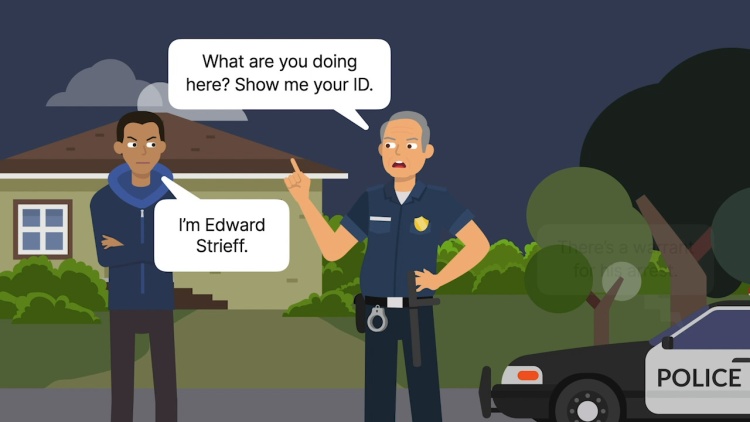Utah v. Strieff
United States Supreme Court
136 S. Ct. 2056 (2016)

- Written by Josh Lee, JD
Facts
Police had a house under surveillance for suspected illegal drug activity. When Edward Strieff (defendant) visited and then left the house, police officer Douglas Fackrell stopped and questioned Strieff. Fackrell did so not because he had reasonable cause to suspect Strieff of criminal behavior, but solely because Fackrell wanted to question visitors about activities inside the house. Fackrell made a routine check of police records, found that Strieff had an outstanding warrant for a minor traffic offense, and arrested Strieff on that warrant. Fackrell then conducted a routine search and seized illegal drugs he found in Strieff’s possession. The State of Utah (plaintiff) charged Strieff on drug charges. At trial, Strieff argued that the seized drugs came to light only as the result of Fackrell’s unconstitutional search and seizure and that therefore the drugs should be excluded from evidence. The state argued that Fackrell’s misconduct arose solely from an inadvertent procedural error. The judge admitted the seized drugs into evidence, and a jury convicted Strieff. On appeal, the Utah Court of Appeals affirmed Strieff’s conviction, but the Utah Supreme Court reversed. The state appealed to the United States Supreme Court.
Rule of Law
Issue
Holding and Reasoning (Thomas, J.)
Dissent (Kagan, J.)
Dissent (Sotomayor, J.)
What to do next…
Here's why 904,000 law students have relied on our case briefs:
- Written by law professors and practitioners, not other law students. 47,100 briefs, keyed to 995 casebooks. Top-notch customer support.
- The right amount of information, includes the facts, issues, rule of law, holding and reasoning, and any concurrences and dissents.
- Access in your classes, works on your mobile and tablet. Massive library of related video lessons and high quality multiple-choice questions.
- Easy to use, uniform format for every case brief. Written in plain English, not in legalese. Our briefs summarize and simplify; they don’t just repeat the court’s language.





